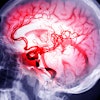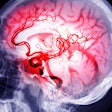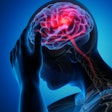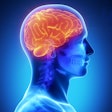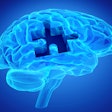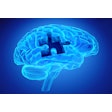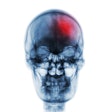NEW YORK (Reuters Health), Dec 1 - People with gingivitis (gum disease) have worse mental function than their peers whose gums are in better shape, a new analysis of U.S. data shows.
The findings raise the possibility that system-wide inflammation due to gum disease could have harmful effects on brain function. However, because the study only looked at a single time point it could not gauge whether or not there is a causal relationship between oral health and cognitive performance.
Older people with bad teeth are more likely to have dementia and cognitive impairment, Dr. Robert Stewart of the Institute of Psychiatry in London and colleagues note, but it isn't known whether a similar relationship is present in younger people, and whether factors that can affect both dental health and mental function such as heart disease, high blood pressure, or smoking may be involved.
To investigate, the researchers analyzed data from the Third National Health and Nutrition Examination Survey III. Stewart and his team looked at 5,138 adults age 20 to 59 who had completed two tests of cognitive function, and another 1,555 adults age 70 and older given a different mental function test.
After the researchers adjusted for the effects of age, they found associations between worse performance on any of the three cognitive tests and bleeding gums, loss of periodontal attachment (meaning the ligament that attaches teeth to bone), and tooth loss.
Oral health could influence cognitive function through several mechanisms, the researchers note; for example, periodontal disease can cause inflammation throughout the body, a risk factor for loss of mental function, while poor oral health can lead to a worse diet, which could affect mental function by leading to nutritional deficiency.
The fact that the association between poor oral health and worse mental function was not influenced by age suggests that "later life associations do not arise purely because of adverse effects of dementia on oral health care," the researchers conclude.
Source: Psychosomatic Medicine, October 2008.
Last Updated: 2008-11-27 8:00:22 -0400 (Reuters Health)
Copyright © 2008 Reuters Limited. All rights reserved. Republication or redistribution of Reuters content, including by framing or similar means, is expressly prohibited without the prior written consent of Reuters. Reuters shall not be liable for any errors or delays in the content, or for any actions taken in reliance thereon. Reuters and the Reuters sphere logo are registered trademarks and trademarks of the Reuters group of companies around the world.
